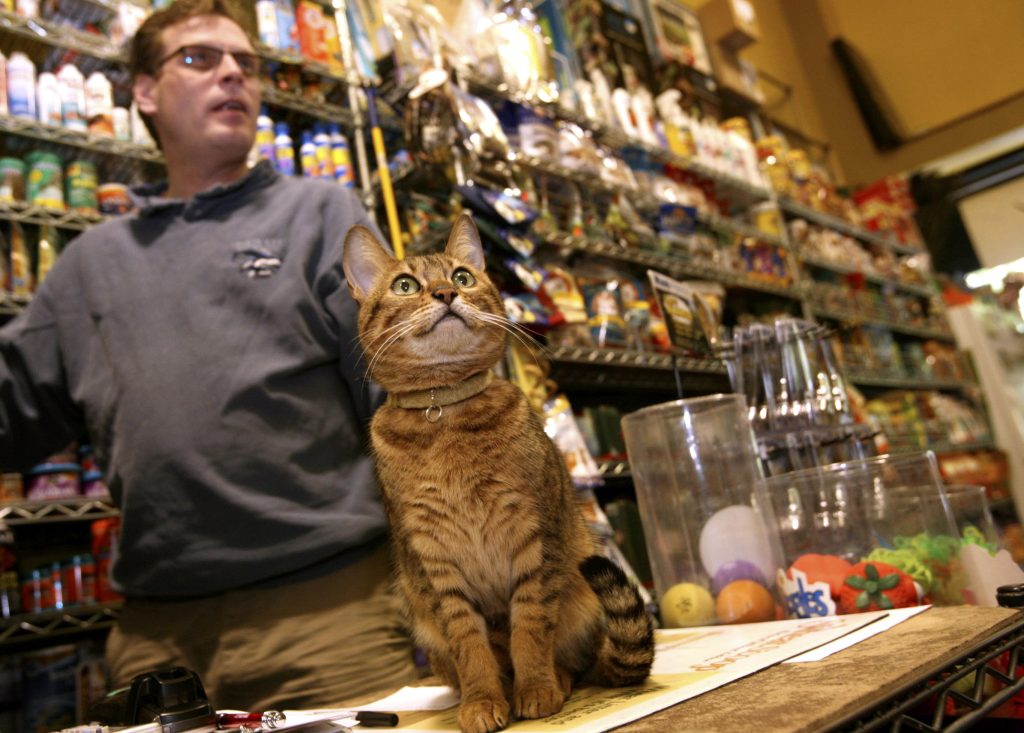
BOSTON, March 26, 2025 – In a major step toward promoting animal welfare, Massachusetts lawmakers are advancing a series of bills that would ban the retail sale of certain pets, including dogs, cats, and rabbits, in pet stores across the state. The legislative push is part of a broader movement to combat the inhumane practices of large-scale breeding facilities commonly referred to as “puppy mills.”
Overview of the Legislation
Multiple bills have been introduced in the Massachusetts Legislature during the 2025–2026 session that target the sale of pets in retail settings.
- Senate Bill S.650, introduced by Senator Patrick O’Connor, proposes a complete ban on the sale of dogs, cats, and rabbits in pet shops. However, it permits stores to collaborate with shelters and rescue groups to showcase adoptable animals, as long as the stores do not retain any ownership over the animals.
Read the bill here. - A similar measure, Senate Bill S.651, also sponsored by Senator O’Connor, would restrict only newly established pet shops—those opening after January 1, 2025—from selling dogs, cats, or rabbits. Existing businesses would be allowed to continue operations under the current model.
Full text of S.651. - Meanwhile, House Docket HD.4490, filed by Representative Adam Scanlon, goes a step further by proposing to ban the sale of dogs, cats, rabbits, and guinea pigs in all pet shops statewide, regardless of when they opened.
Track HD.4490 here.
These bills are currently under review by the Joint Committee on Environment and Natural Resources, a key legislative body responsible for evaluating environmental and animal-related legislation.
Committee information.
What’s Driving the Push?

The proposed legislation is driven by widespread concern over the poor conditions in which animals are bred and raised by commercial breeders. Organizations such as the Massachusetts Society for the Prevention of Cruelty to Animals (MSPCA) argue that banning retail sales would reduce demand for animals bred in inhumane settings.
“Most puppies and kittens sold in pet stores come from large-scale breeding facilities with substandard conditions,” said a spokesperson from the MSPCA. “By cutting off this supply chain, Massachusetts can help prevent animal suffering and reduce the burden on shelters.”
Learn more from the MSPCA.
The bills also aim to encourage pet adoption by creating more opportunities for rescue organizations to place animals in homes, using the visibility of pet stores as adoption hubs.
What This Means for Consumers and Pet Shops?
If passed, the legislation would fundamentally change the pet shop business model in Massachusetts. Retailers would no longer be allowed to sell certain animals unless they are sourced from recognized shelters or rescues. However, individuals would still be allowed to purchase pets directly from licensed breeders.
The proposed laws are not designed to eliminate consumer choice but to ensure that the animals people bring into their homes are bred in humane and ethical conditions.
“Massachusetts consumers deserve to know that the pets they purchase have not been subjected to cruelty,” said Senator O’Connor during a recent hearing.
For pet shops, this may mean a shift toward offering pet supplies and supporting adoption events in collaboration with local rescues, rather than acting as a direct source of animals.
A Nationwide Trend
Massachusetts is part of a growing trend of states implementing similar bans. States such as California, New York, Illinois, Maryland, Oregon, and Washington have enacted laws prohibiting the sale of dogs and cats in pet stores unless they come from rescue groups or shelters.
According to the Humane Society of the United States, these policies are already showing positive impacts in reducing the number of animals entering shelters and curbing abusive breeding operations.
View policy updates from the Humane Society.
Next Steps and Public Input

All three bills are currently in the early stages of the legislative process. They must undergo committee review, potential amendments, and passage by both the House and Senate before being signed into law by the governor.
Animal welfare advocates are urging the public to contact their local representatives to voice support for the measures. Massachusetts residents can find their lawmakers and submit feedback through the official state legislature portal.
Conclusion
The push to ban the retail sale of dogs, cats, rabbits, and other small animals in Massachusetts pet shops represents a significant move toward ethical animal treatment. While the legislation has sparked debate among pet retailers and breeders, it aligns with a growing national consensus that prioritizes animal welfare and responsible pet ownership.
As Massachusetts lawmakers continue to deliberate, the future of pet retail in the state may soon see a major transformation—one that could reduce cruelty, promote adoption, and reshape the way people welcome pets into their lives.



